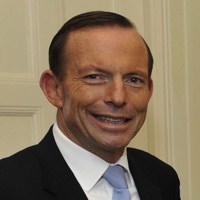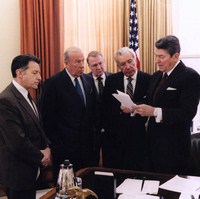
Pakistani Prime Minister Nawaz Sharif announced today that Lt. Gen. Raheel Sharif will succeed Gen. Ashfaq Parvez Kayani as Pakistan’s powerful chief of army staff. Kayani, who will retire on Nov. 29 after a six-year tenure, commanded the Pakistani army through a tumultuous time in the country’s history, which included Gen. Pervez Musharraf’s clash with the Supreme Court, imposition of emergency rule and forced ouster; a complex and violent insurgency; antagonism with the U.S.; and economic uncertainty. Kayani was instrumental in transforming the army, enabling it to better cope with current and emerging security threats. He also distanced the army […]



